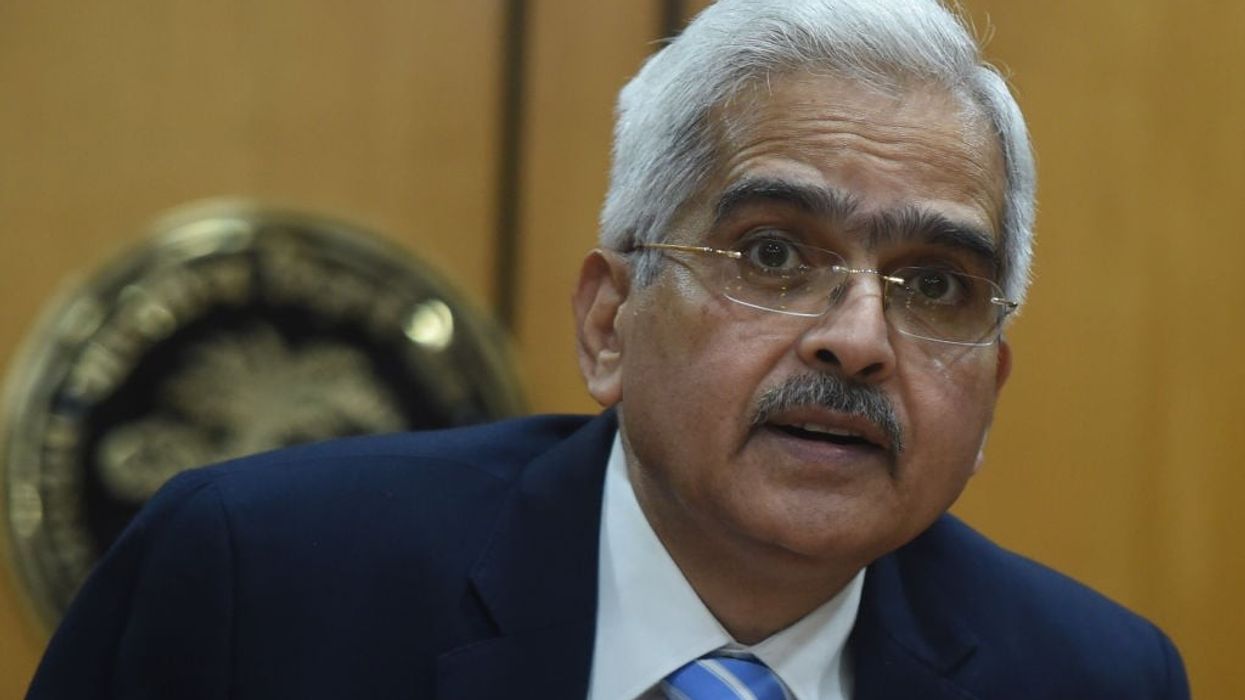INDIAN banks will be allowed to infuse capital in their overseas branches and repatriate profits without seeking prior approval from the central bank.
Currently, banks incorporated in India can infuse capital in their overseas branches and subsidiaries, retain profits in these centres and repatriate or transfer the profits with prior approval of the Reserve Bank of India (RBI).
"With a view to providing operational flexibility to banks, it has been decided that banks need not seek prior approval of the RBI if they meet the regulatory capital requirements," RBI governor Shaktikanta Das said while announcing the bi-monthly monetary policy.
He added that instructions on the matter are being issued separately.
Extant regulatory instructions on classification and valuation of investment portfolios by scheduled commercial banks are largely based on a framework introduced in October 2000, drawing upon the then prevailing global standards and best practices.
Given the subsequent developments in the global standards on classification, measurement and valuation of investments, the linkages with the capital adequacy framework as well as progress in the domestic financial markets, there is a need to review and update these norms, he said.
As a step in this direction, a discussion paper covering all relevant aspects will be placed shortly on the RBI website for comments, he noted.
Das said any widely accepted interbank rate or alternative reference rate (ARR) applicable to the currency of borrowing may be used as a benchmark after imminent discontinuance of LIBOR.
Currently, the benchmark rate for foreign currency external commercial borrowings and trade credit is specified as six-month LIBOR rate or any other six-month interbank interest rate applicable to the currency of borrowing.
Benchmark interest rate unchanged
The RBI kept the benchmark interest rate unchanged at four per cent and decided to continue with its accommodative stance in the backdrop of concerns over the emergence of the new coronavirus variant Omicron.
This is the ninth time in a row that the monetary policy committee (MPC), headed by Das, has maintained the status quo. The RBI had last revised its policy repo rate or the short-term lending rate on May 22, 2020.
Das said the MPC has unanimously decided to keep the benchmark repurchase (repo) rate at four per cent.
Consequently, the reverse repo rate, at which banks deposit their money with the RBI, remains at 3.35 per cent.
The central bank retained its growth projection at 9.5 per cent for the current fiscal despite concerns over Omicron.
Das also said the headline inflation would peak in the fourth quarter of the current fiscal. The inflation projection has been retained at 5.3 per cent.
Retail inflation rose to 4.48 per cent in October from 4.35 per cent in September, mainly due to higher fuel and edible oil prices.
(PTI)




